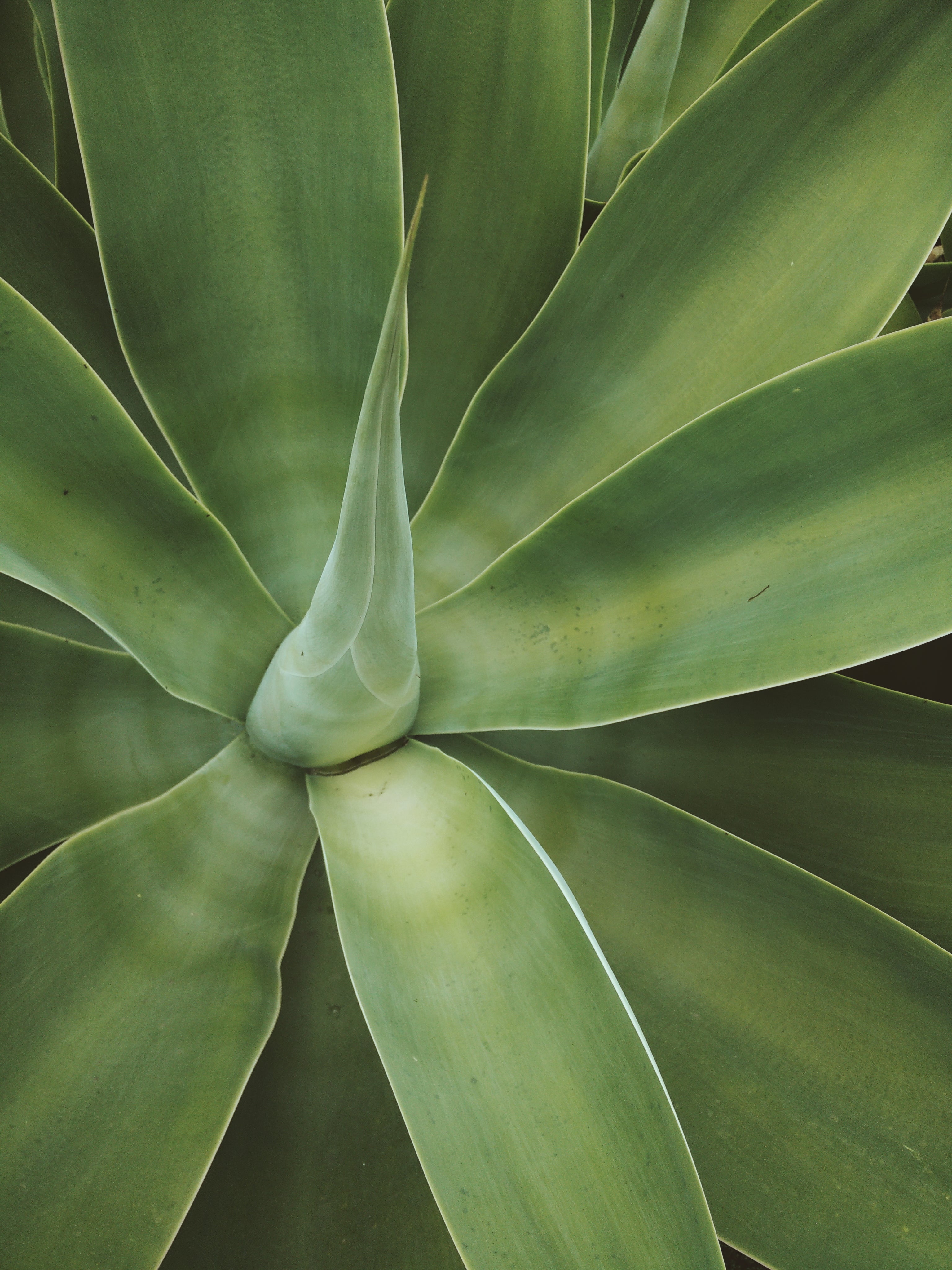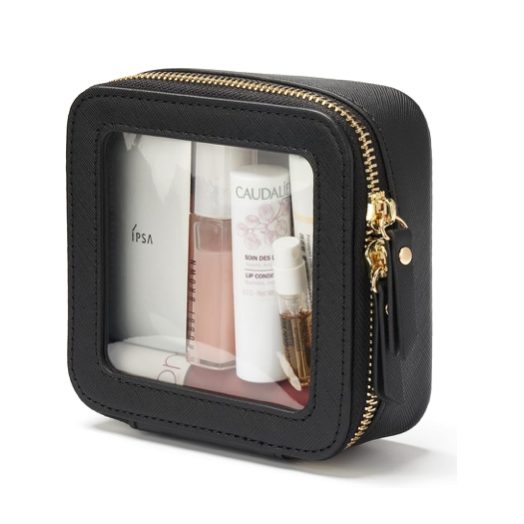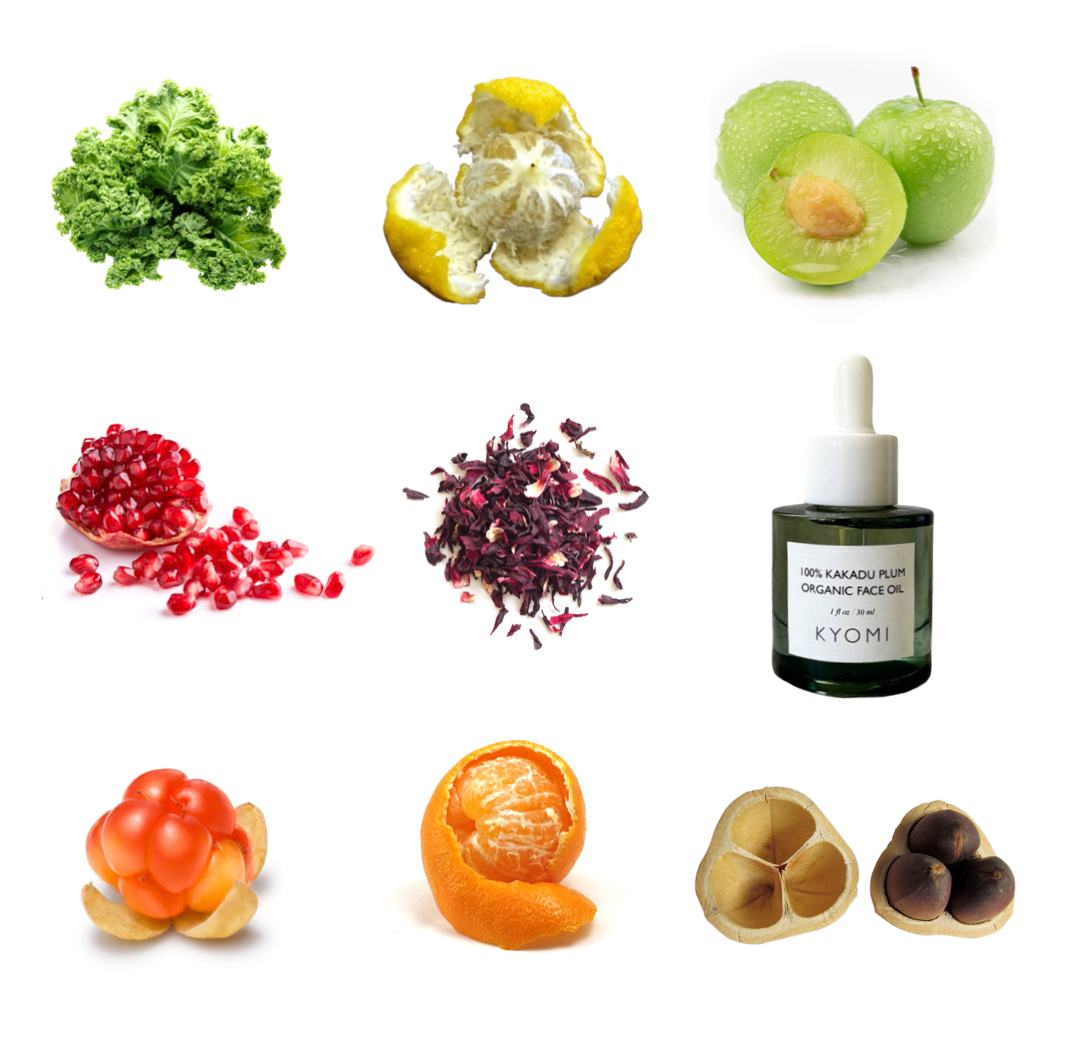The Ultimate Guide to Natural Face Washes
Looking for a skin-loving, eco-friendly cleanser that actually works? Natural face washes offer a powerful yet gentle alternative to harsh conventional products—especially when made with proven botanical ingredients like aloe vera, acai berry, green tea, coconut oil, and calendula.
Here’s how to choose the right one for your skin type—and why it matters.
Why Choose a Natural Face Wash?
Natural and organic face washes are formulated with plant-derived ingredients that are generally safer for sensitive skin, less irritating, and more sustainable for the environment.
Benefits Supported by Research:
-
Less irritation: Artificial fragrances and harsh sulfates in conventional products are common irritants, especially for sensitive skin (Warshaw et al., 2011).
-
Better skin barrier support: Ingredients like aloe vera, jojoba oil, and glycerin help maintain hydration and protect against transepidermal water loss (Surjushe et al., 2008; Goldstein, 2020).
-
Fewer allergens: Clean formulations often exclude parabens, formaldehyde-releasing agents, and synthetic dyes—common allergens in conventional cleansers (Jacob et al., 2008).
What to Look for in a Natural Face Wash
| Key Feature | Why It Matters | Supported By |
|---|---|---|
| No synthetic fragrance | Linked to dermatitis and allergic reactions | Warshaw, 2011 |
| pH-balanced (around 5.5) | Maintains skin barrier and microbiome | Lambers et al., 2006 |
| Organic botanicals | Reduce inflammation, hydrate, and soothe skin | Afaq & Mukhtar, 2006 |
| Sulfate-free surfactants | Less stripping and more barrier-friendly | Ananthapadmanabhan et al., 2004 |
Key Botanical Ingredients (and What Science Says)
Aloe Vera
-
Soothes and hydrates skin, reduces inflammation and redness
-
Contains polysaccharides that aid in wound healing
Coconut-Based Cleansers
Gentle, naturally derived surfactants from coconut (like coco-glucoside or sodium cocoyl glutamate) cleanse without stripping moisture.
Coconut oil is antibacterial and deeply hydrating, though best used in wash-off formulas for acne-prone skin.
Acai Berry
-
Rich in anthocyanins and essential fatty acids, acai provides strong antioxidant defense and supports skin repair.
-
Helps fight free radicals and improves skin elasticity.
Calendula Extract
-
Rich in flavonoids and saponins; promotes healing and reduces inflammation
Green and White Tea
-
Contain EGCG, a polyphenol that protects skin from UV and pollution-related oxidative stress
Pomegranate Extract
-
Packed with polyphenols (like ellagic acid), pomegranate helps protect against UV damage and premature aging.
-
Encourages collagen production and supports cell regeneration.
Jojoba Oil
-
Mimics natural sebum; hydrates without clogging pores
Castile Soap Based (Saphonied oils)
-
Biodegradable, sulfate-free, and customizable with essential oils or hydrosols
Natural Face Washes for Different Skin Types
For Sensitive Skin
-
Choose fragrance-free formulas with calming botanicals (e.g., aloe vera, chamomile, calendula)
-
Avoid essential oils unless patch tested
For Acne-Prone Skin
-
Look for tea tree oil, white willow bark (natural salicylic acid), or hemp seed oil
For Dry Skin
-
Use non-foaming or cream cleansers with olive oil, glycerin, or shea butter
Best Practices: How to Cleanse Naturally and Effectively
1. Double Cleanse (Optional but Beneficial)
-
First cleanse with oil to remove makeup/sunscreen
-
Follow with water-based cleanser to purify pores
2. Exfoliate Gently
-
Use alpha-hydroxy acids (AHAs) or finely ground botanicals.
-
Avoid harsh daily scrubs that compromise the skin barrier. Use a gentle scrub or polish
3. Maintain Skin pH
-
Use cleansers with a pH of 4.5–5.5
-
Avoid harsh alkaline soaps
Summary: Why Go Natural?
Natural face washes:
-
Gently cleanse without stripping your skin
-
Nourish with plant-based actives and oils
-
Reduce your exposure to harmful chemicals
-
Are often more eco-friendly and ethically produced
By switching to well-formulated natural cleansers—like Kyomi Skin’s Pomegranate Gel Cleanser—you can improve your skin’s health while supporting sustainability.
References
-
Warshaw, E. M. et al. (2011). Fragrance mix and allergic contact dermatitis. Contact Dermatitis.
-
Surjushe, A. et al. (2008). Aloe vera: A short review. Indian J Dermatol.
-
Jacob, S. E. et al. (2008). Prevalence of preservative allergy in the US. Dermatitis.
-
Lambers, H. et al. (2006). Skin surface pH and its role in barrier function. Skin Pharmacol Physiol.
-
Katiyar, S. K. (2003). Green tea and skin protection. J Nutr Biochem.
-
Hammer, K. A. et al. (2006). Antibacterial activity of tea tree oil. Clin Microbiol Rev.
-
Goldstein, J. A. et al. (2020). Jojoba oil in dermatology. StatPearls, NCBI.
-
Ananthapadmanabhan, K. P. et al. (2004). The effect of cleanser surfactants on skin. Dermatol Clin.
-
Kornhauser, A. et al. (2010). AHAs and skin renewal. Dermatol Ther.
-
Park, K. et al. (2021). Double cleansing: Clinical insights. Skin Res Technol.












